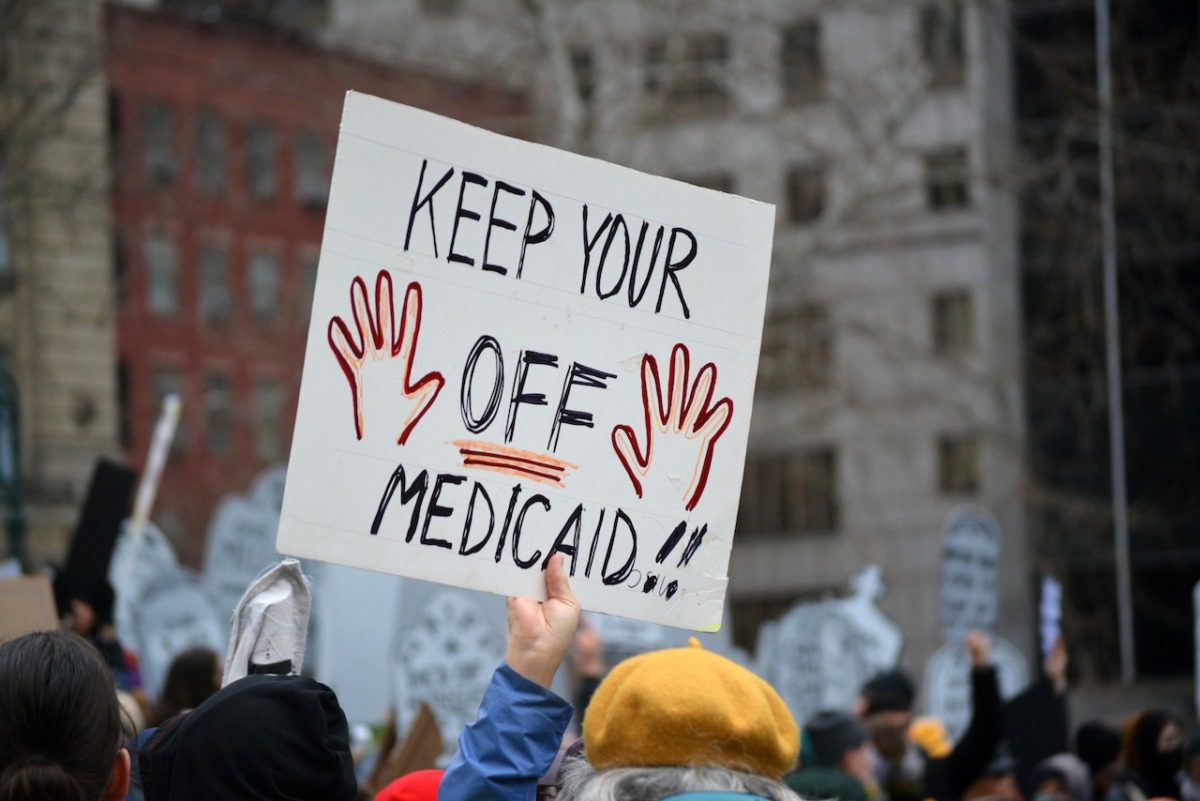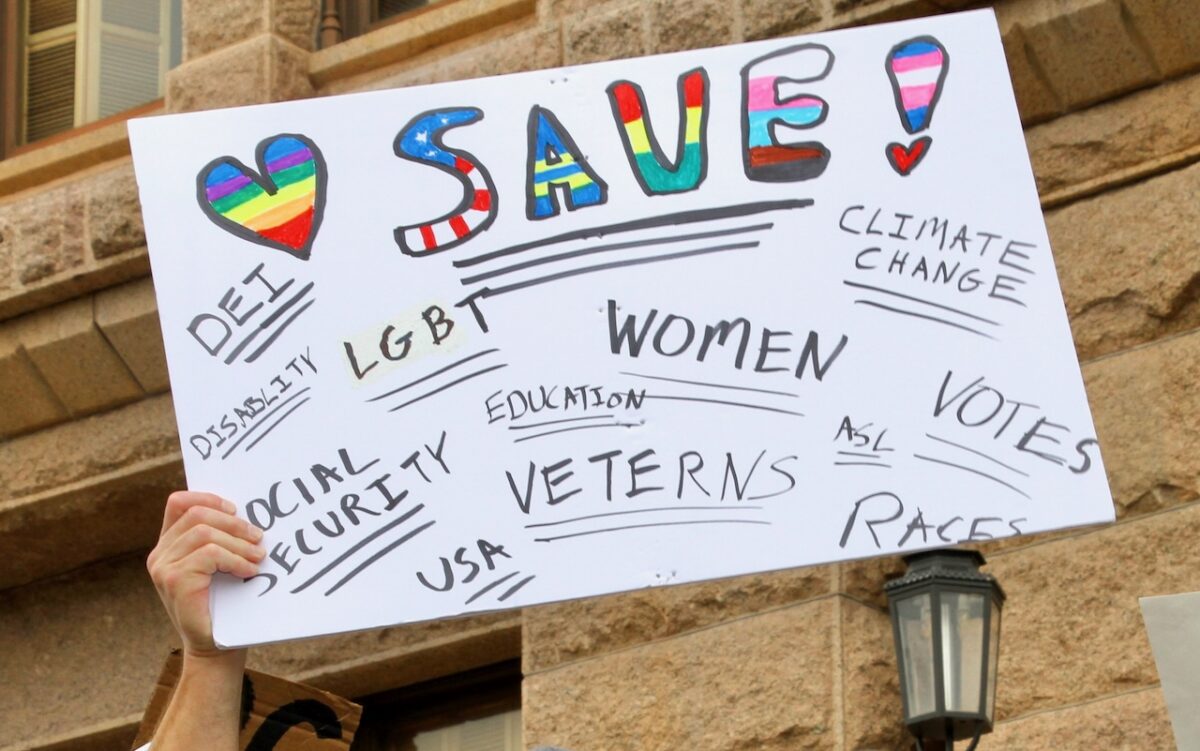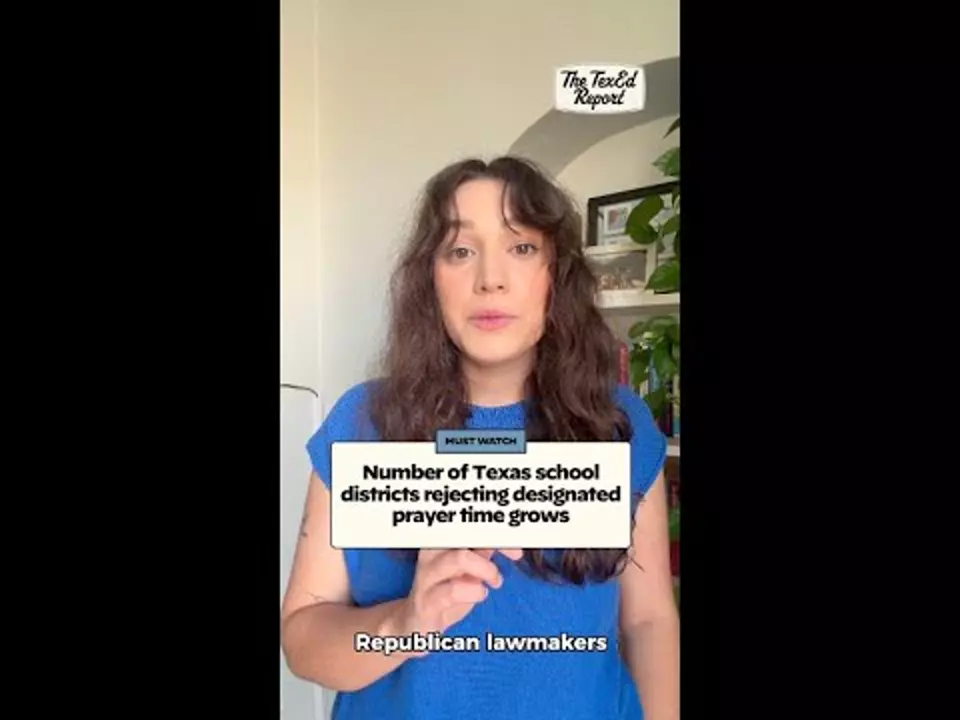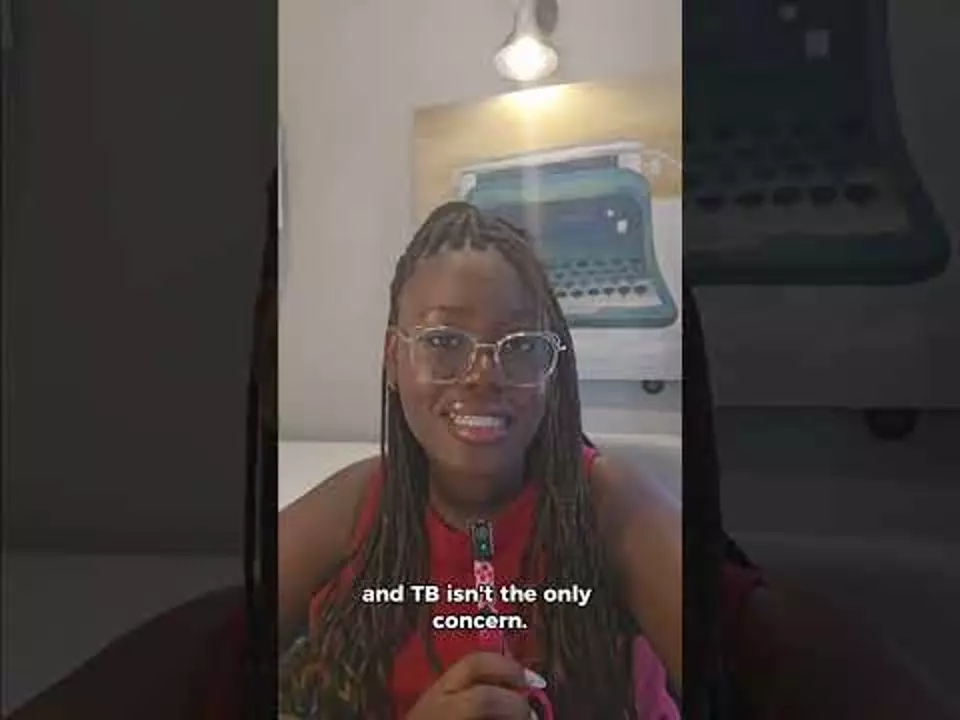
Christopher Penler/ Shutterstock
For the last few weeks, Congress has been busy advancing budget cuts to key government programs in an attempt to reduce the deficit at the expense of young adults and their well-being. Through a budget reconciliation process, Congress is working on extending major tax cuts originally passed in 2017 that would primarily benefit corporations and billionaires over young people.
Maryam, a recent University of Houston graduate, is a key example of why these programs are vital. Her family depended on services like SNAP and Medicaid when they moved to the states, and without them she says there “would not have been any opportunities to push forward towards a better life.”
Last week, the US House passed a bill to make more than $4 trillion in cuts to vital programs such as federal student aid, loan forgiveness, Medicaid, Social Security, and the Supplemental Nutrition Assistance Program (SNAP). The bill would use funds meant for these programs to offset part of the costs of these tax breaks instead. The bill advanced by the House proposes $330 billion in cuts that threaten to devastate student borrowers and restrict access to higher education, particularly for students from low-income and working-class backgrounds.
This proposal outlines plans to cap federal student aid based on median college costs, limit access to competitive schools, and redefine “full-time” Pell Grant eligibility to 30 credits per year, an increase from 24 credits, leading hundreds of thousands of students to be suddenly ineligible. Additionally, it proposes cutting Parent PLUS and Grad PLUS loans for new borrowers after July 2026, and replacing current income-driven repayment plans with a single program that could triple monthly payments for millions.
These disastrous changes make student loan debt a life sentence. If Congress can rescue massive corporations from their bad financial decisions, why is relief for student borrowers who followed the rules, earned degrees, and took on debt in good faith considered too expensive?
In addition to the devastating impacts on higher education, Congressional cuts are taking aim at Medicaid and SNAP. If these cuts are passed by Congress, young adults are going to feel the repercussions across the state; more than 4 million Texans rely on Medicaid and nearly 3.6 million rely on SNAP.
Congress is considering more than $700 billion in cuts to Medicaid and the Affordable Care Act over the next 10 years, which would result in over 10 million losing coverage, forcing people to forgo life-saving care, medications, and incur medical debt.
When talking with Maryam about the impact of these proposed cuts, she expressed her concern on how this will directly affect those who need care the most, ultimately worsening their health conditions. Maryam saw this in her own life, as her father “relied on Medicaid to receive free chemo treatments, which would have otherwise put [them] in great medical debt.”
Since the Affordable Care Act, the uninsured rate among young adults has dropped by half, with 5.6 million gaining coverage. Still, they remain the least insured age group, facing major barriers to affordable care. In Texas, where Medicaid expansion has been blocked, 1 in 5 young adults are now uninsured, the highest rate in the nation.
The proposed legislation doesn’t just reduce federal funding for some states, it also introduces mandatory work requirements for low-income, childless adults to qualify for Medicaid. These requirements are rooted in a harmful and inaccurate stereotype that people on Medicaid are unwilling to work, even though the majority already do or face significant barriers like illness, caregiving responsibilities, or lack of access to jobs.
When similar policies have been implemented in the past, they haven’t led to higher employment rates, they’ve simply stripped people of their health coverage. This is a backdoor way to push people off Medicaid under the guise of promoting work by punishing the most vulnerable rather than supporting them.
Additionally, it will increase copayment amounts for many medical services, reverse efforts to simplify enrollment and renewal for eligible Americans by requiring re-enrollment every six months instead of annually, shorten enrollment periods, tighten income verification, and restrict access for Deferred Action for Childhood Arrivals (DACA) recipients.
This legislation further prohibits Medicaid funding for health care providers who offer abortion services by using language similar to what was included in the 2017 failed attempt to repeal the ACA and including several additional changes to Medicaid, such as baring coverage of gender-affirming care.
Health care costs are out of control, and young people need relief. But instead of working to lower costs, Congress is rushing reckless cuts to Medicaid that will make health care more expensive for everyone.
Young adults rely on access to quality health care. Weighing the harm of these cuts, Maryam emphasized that cutting funding for health care will only exacerbate the reproductive and mental health crisie young people are facing.
Beyond health care, there are $300 billion in cuts to SNAP, the largest reduction in history, on the table. This aims to reduce SNAP federal funding by 30%, which will force states to fill the gap or cut support. It expands existing work requirements for older adults and parents of school-aged children, while making it harder for states to waive those rules, even during economic downturn. It also blocks future updates to SNAP’s food budget formula, making it difficult for benefits to keep up with rising food costs.
As a result, many of the 42 million Americans who rely on SNAP risk losing access to the food assistance they rely on to get by.
SNAP allowed Maryam and her siblings to get free and reduced lunches while in school. Access to programs like this helped her family to push forward for a better life. She worries about the ramifications that will follow if this legislation is passed, noting it will “destroy any safety net that poor people, people with disabilities, and immigrant communities have in their lives.”
Many Congressional members campaigned in 2024 on promises of economic relief for working Americans, especially young people. However, rather than following through on those promises, they are slashing the vital social programs young people need, like SNAP and Medicaid. Young people deserve a system that works for them, not just for the wealthy and well-connected.
Young Invincibles, a national policy and advocacy organization committed to elevating the voices of young adults in the political process, recently launched Young People vs. The Billionaires. The campaign aims to educate young adults about the proposed cuts outlined by Congress and empower them to speak with their representatives.
Cutting funding to these programs sets a very dangerous precedent, Maryam warned. If Medicaid, higher education, and SNAP are under attack today, that means that Medicare and other critical services might be under attack tomorrow.
It is imperative that young people urge Congress to reject these cuts and demand a future where health care, education, and basic survival aren’t up for sale.














